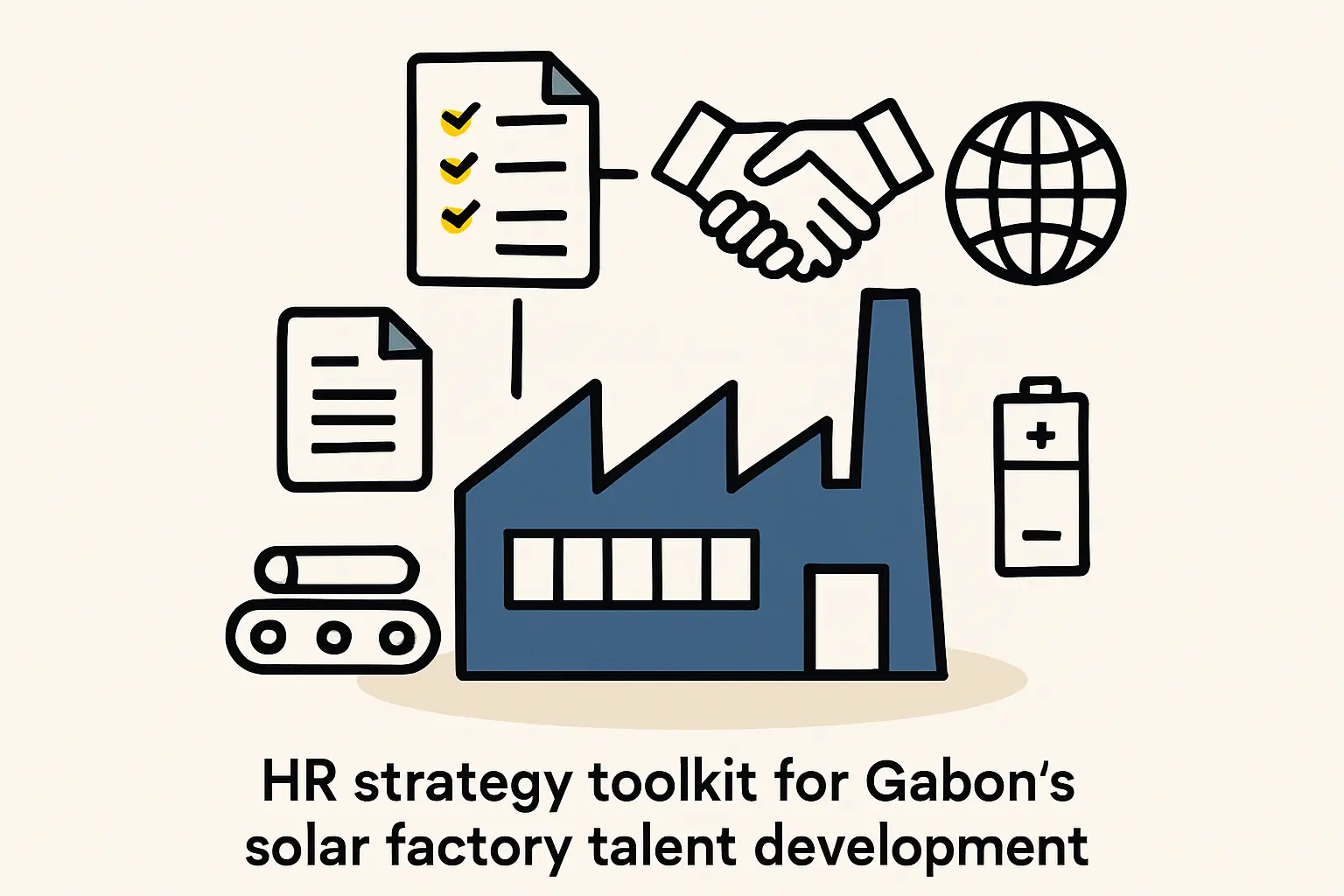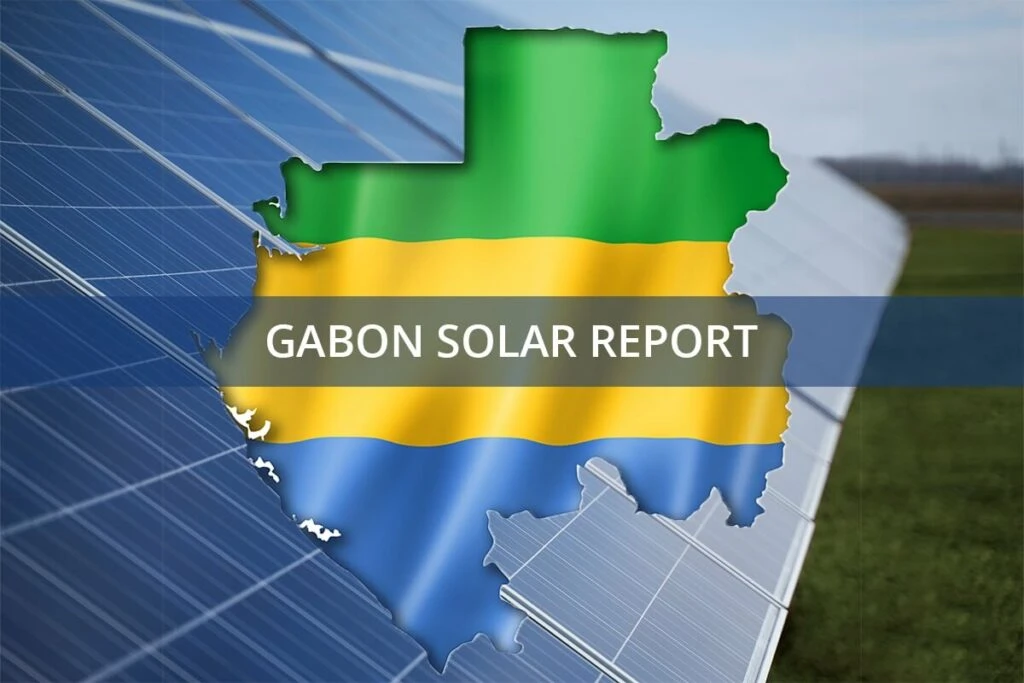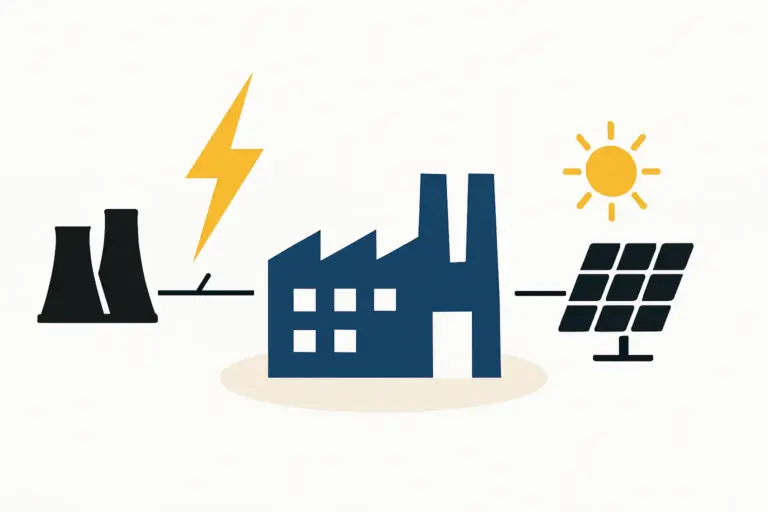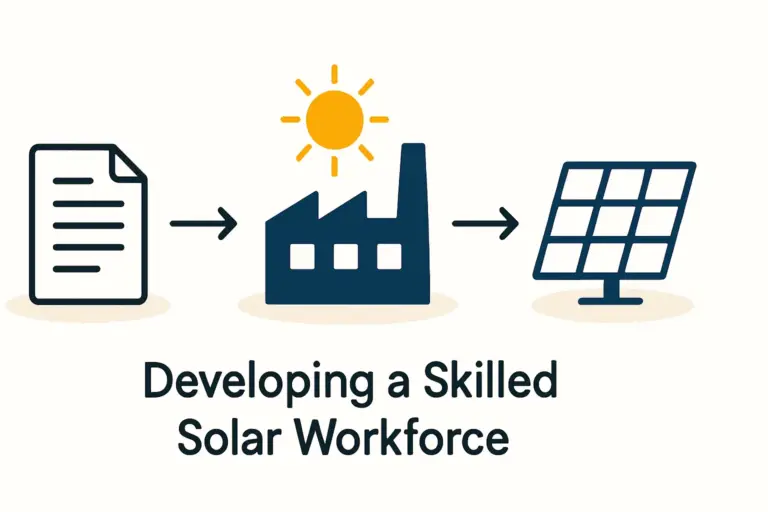An entrepreneur looking to build a solar module factory in Gabon will quickly find that there is no pre-existing solar manufacturing talent pool. This observation, while accurate, shouldn’t be mistaken for an insurmountable obstacle. In fact, this situation presents a strategic opportunity to cultivate a dedicated, highly trained team from the ground up—one perfectly aligned with the factory’s specific operational needs and national development goals.
This article outlines a practical, three-phase human resources strategy for recruiting, training, and developing a local Gabonese workforce for a new solar module production facility. The approach is built on hiring for aptitude and investing in structured skill development, a model proven effective in J.v.G. turnkey projects across emerging markets.
The Core Challenge: Shifting Focus from Experience to Aptitude
The primary challenge isn’t the lack of workers with prior solar panel assembly experience; this is expected in a new industrial sector. The real task is to identify individuals with the right foundational aptitudes. For a semi-automated production line, successful operators and technicians share common traits that are more crucial than industry-specific knowledge.
These core aptitudes include:
- Attention to Detail: Crucial for quality control and process adherence.
- Technical Curiosity: A genuine interest in how machines and processes work.
- Problem-Solving Skills: The ability to think logically when faced with minor operational issues.
- Process Discipline: The capacity to follow standardized procedures consistently.
With Gabon’s Plan d’Accélération de la Transformation (PAT) aiming to diversify the economy and over 60% of the population under 25, there is a substantial pool of young, motivated individuals eager for technical careers. The strategy, therefore, is not to find ready-made experts, but to build them.
Phase 1: Strategic Recruitment and Selection
The initial recruitment phase should target Gabon’s technical schools and universities, such as the Université Omar Bongo (UOB) and various vocational training centers. The goal is to build a candidate pool with a baseline technical or mechanical understanding.
Defining the Recruitment Profile
Instead of advertising for “Solar Technicians,” job profiles should seek “Production Operators” or “Technical Trainees.” The key selection criteria should focus on practical assessments and interviews designed to evaluate the core aptitudes mentioned above. A simple mechanical reasoning test or a task requiring precise instruction-following can be far more revealing than a CV.
Building a Core Team
The first hires are critical, as this initial group of 5-10 individuals will become the future team leaders and internal trainers. They should exhibit strong leadership potential and an ability to absorb and transfer knowledge effectively. This core team will receive the most intensive training directly from the equipment supplier’s engineers.
Phase 2: A Structured, Two-Tiered Training Program
Once the initial team is selected, a structured training program is essential. The program is divided into two key components: foundational theory and hands-on operational training.
Tier 1: Foundational Classroom Instruction
Before the production machinery is fully operational, the new team will undergo several weeks of classroom-based learning. This instruction covers:
- Principles of Photovoltaics: A basic understanding of how solar cells work.
- Manufacturing Process Overview: A step-by-step review of the solar panel manufacturing process, from cell stringing to final testing.
- Quality Control Fundamentals: An introduction to concepts like Six Sigma, defect identification, and the importance of standards.
- Workplace Safety: Adherence to international safety protocols for a manufacturing environment.
Educational platforms like the pvknowhow.com e-course can provide a structured curriculum for this phase, ensuring a consistent, high-quality knowledge base for all trainees.
Tier 2: Intensive On-Site Machine Training
This is the most critical phase of skill development. Once the production line is installed, engineers from the equipment supplier should remain on-site for 4 to 6 weeks.
Their role is to train the core Gabonese team on every aspect of operating and maintaining the equipment. This is not just a demonstration; it is an intensive, hands-on apprenticeship. The training covers machine setup, operation, routine maintenance, troubleshooting common errors, and quality checks at each station. This direct knowledge transfer is fundamental to creating a self-sufficient local operation.
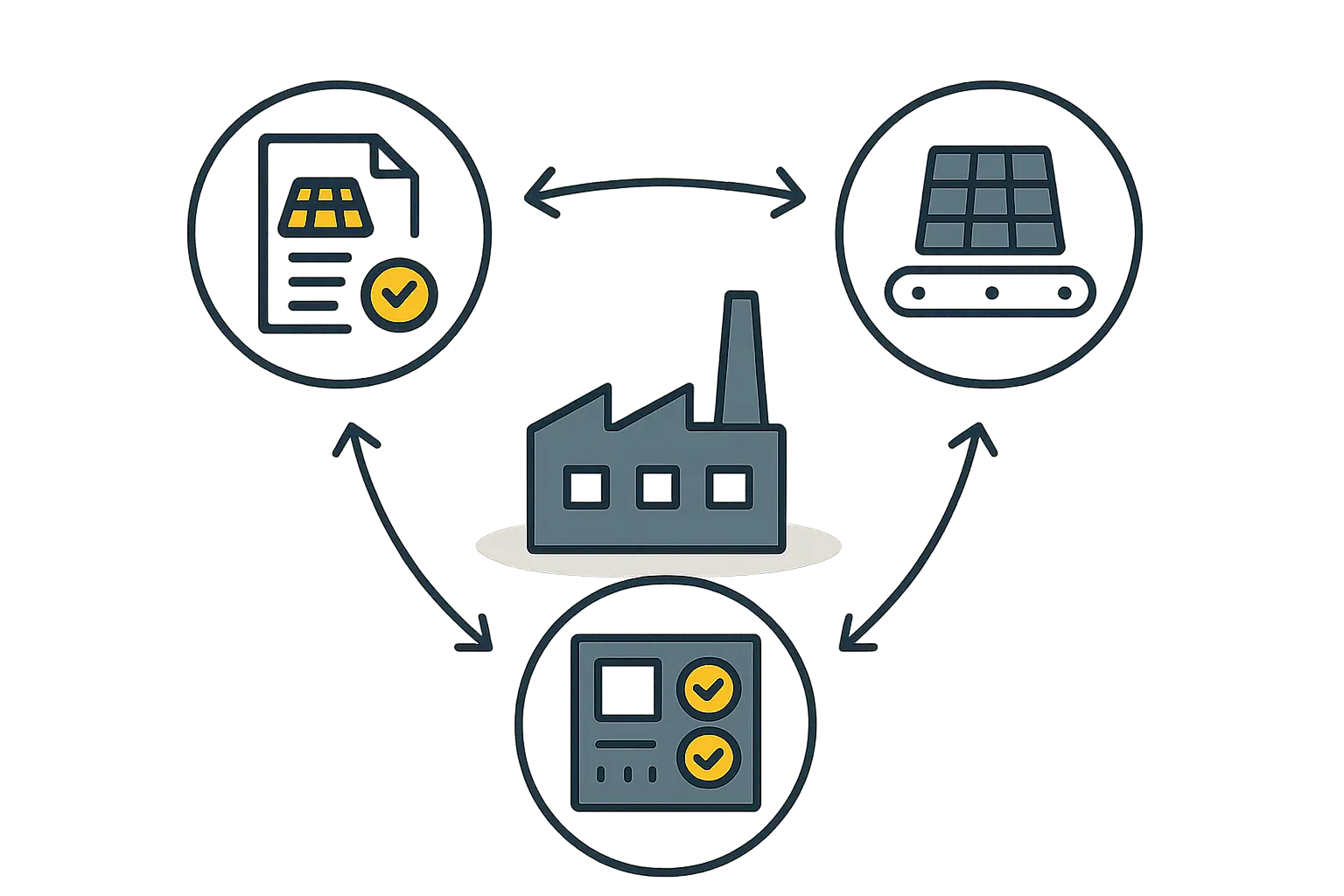
Phase 3: Skill Specialization and Career Progression
After the initial training, the workforce will naturally begin to specialize as general operators develop expertise in specific areas of the production line. A clear structure for this specialization creates career paths and improves both efficiency and employee retention.
From Operator to Specialist
An effective production team requires various specialized roles. As individuals demonstrate proficiency, they can be formally designated and further trained as:
- Stringer Machine Operator: Responsible for one of the most critical and complex machines.
- Layup Station Technician: Requires precision and attention to detail in assembling the module “sandwich.”
- Laminator Specialist: Manages the crucial lamination process that seals the module.
- Quality Control Inspector: Conducts visual inspections, EL testing, and sun simulation tests.
Understanding the different types of machines in a solar module production line supports this specialization. As the team’s expertise grows, a select few can be trained in more advanced maintenance and repair, reducing reliance on external support.
Localizing Knowledge
The ultimate goal is for the initial core team, trained by the supplier’s engineers, to become the trainers for all future hires. This creates a sustainable, in-house training capacity that allows the factory to scale its operations efficiently while deepening the local skill base. This approach aligns perfectly with Gabon’s policies promoting local content and skills development. Partnering with local entities like the Office National de l’Emploi (ONE) can further streamline this process and ensure compliance with national labor objectives.

Frequently Asked Questions (FAQ)
How many employees are needed to start a small-scale solar factory?
A semi-automated factory with an annual capacity of 20-50 MW typically requires a workforce of 25 to 35 employees for a single-shift operation. This includes production operators, quality control staff, maintenance technicians, and administrative personnel.
What qualifications should the first key hire, like a production manager, have?
The ideal production manager may not have solar experience but should have a strong background in industrial or manufacturing management. Key qualifications include experience in process optimization, team leadership, quality control systems, and production planning. An engineering degree (mechanical, electrical, or industrial) is highly beneficial.
How long does it take to train a new team from scratch?
A focused training program can bring a new team to operational competence within 8 to 12 weeks. This includes 2-4 weeks of classroom theory and 4-6 weeks of intensive, on-site, hands-on training with the equipment supplier’s engineers during line commissioning.
Is it better to hire expatriates or train a local workforce?
While one or two expatriate managers may be useful for the initial one to two years to oversee operations, the long-term, sustainable model relies on developing a fully local workforce. Training locals is more cost-effective, builds community goodwill, aligns with national policies, and fosters a more stable and loyal team.
What is the role of the equipment supplier in the training process?
A reputable turnkey equipment supplier does more than just deliver machines; their role is that of a technical partner. They should provide comprehensive on-site training, detailed documentation, and ongoing support to ensure the local team can operate and maintain the production line independently and efficiently.
Conclusion: A Strategic Investment in Human Capital
Establishing a solar module factory in Gabon is not merely an investment in machinery and infrastructure; it is, above all, an investment in people. The absence of a pre-existing talent pool presents an opportunity to custom-build a world-class team. By focusing on aptitude over experience, implementing a structured training program, and creating clear career paths, an entrepreneur can develop a skilled, motivated, and self-sufficient local workforce.
This strategic approach to human resources transforms a perceived challenge into a competitive advantage, ensuring the long-term success of the operation while making a significant contribution to Gabon’s industrial and economic development. For entrepreneurs ready to move forward, understanding how to start a solar module factory is the next logical step in this journey.
